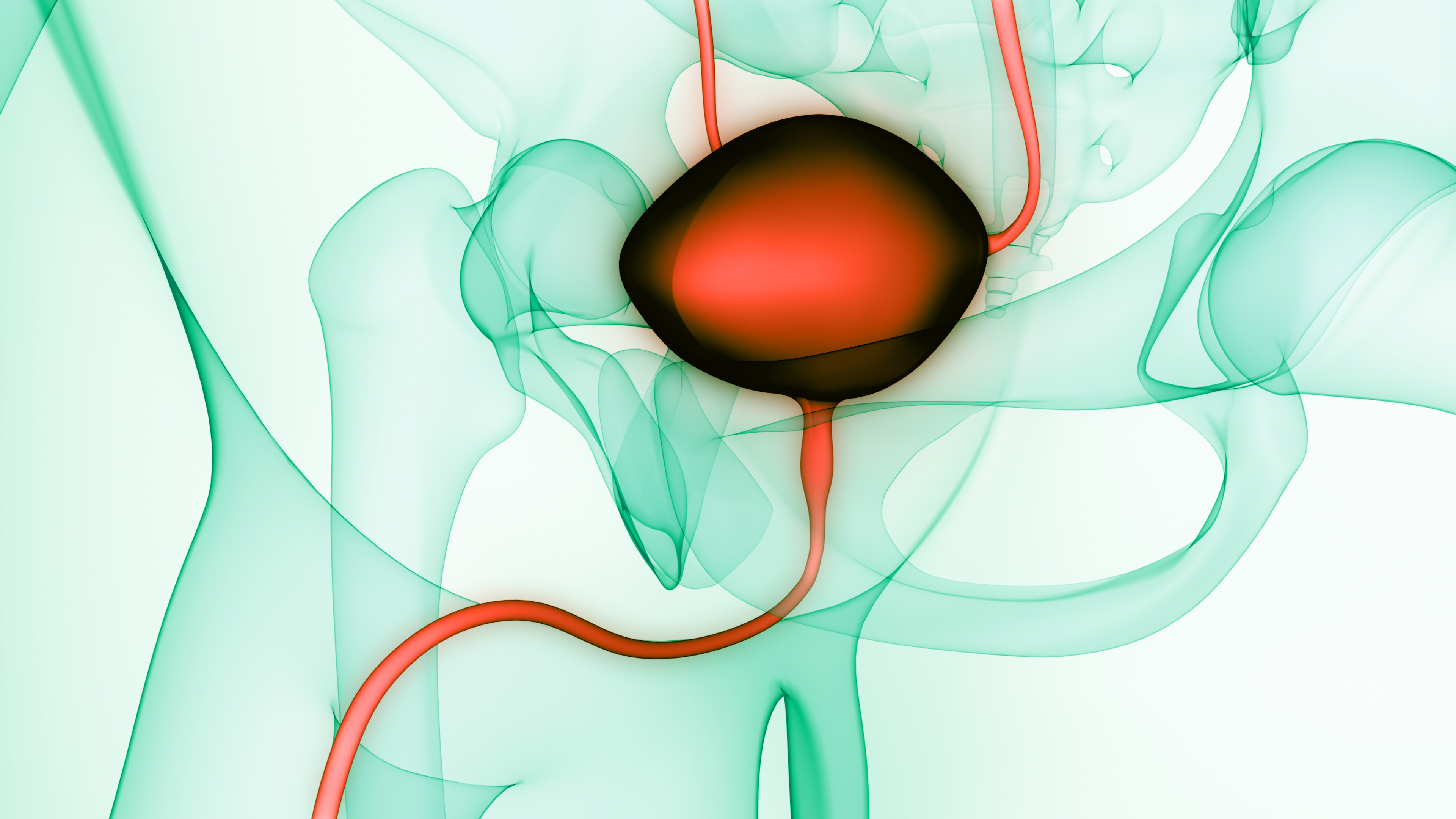Bladder Cancer
Bladder cancer is a disease of the urinary bladder where cancer cells form in the tissues of the bladder. Bladder cancer is more common in men than women, occurring in older people.

Bladder Cancer Symptoms
Consult your urologist if you are experiencing any of these symptoms:
- Discoloration or blood in the urine (or hematuria) - one of the first detected signs of bladder cancer
- Urine that is especially dark in colour, varying in shades from red to yellow, and even dark brown
- Back or pelvic pain
- Frequent urination or pain during urination
Causes of Bladder Cancer
Bladder cancer can be caused by:
- Contact with chemicals predisposed to cancer formation
- Smoking
- Pelvic radiation for other cancers
- Chronic bladder inflammation from untreated bladder stones, long-term indwelling catheter or infection by a specific bladder parasite
Bladder Cancer Diagnosis

There are several tests capable of diagnosing bladder cancer. A combination of procedures may be used. They include:
- Physical examination where the doctor feels the abdomen and pelvis for tumours
- Rectal or vaginal examination
- Evaluation of urine sample to detect blood, cancer cells, and other signs of diseases
- CT urogram and intravenous urogram (IVU) – a scan with dye to examine the structures within the urinary tract
- Ultrasound scan, where sound waves are used to create images of organs and structures inside the body.
- Cystoscopy, which involves the insertion of a narrow tube and camera through the urethra and into the bladder for visual examination to identify any tumours causing the bleeding. Cell samples can be collected from the bladder wall during this procedure to test for cancer. (CTA: pg. 3 – Cystoscopy & Biopsy section)
Bladder Cancer Treatment Options
Treatment will depend on the stage of cancer, the type of cancer, the side effects, patient’s preferences and overall health. Procedures that we perform to treat bladder cancer include:
- Chemotherapy: The use of drugs to kill cancer cells or stop them from multiplying
- Radiation therapy: The use of high-energy x-rays to destroy cancer cells
- Transurethral Resection of Bladder Tumour (TURBT): An endoscopic surgical procedure that is used both to diagnose bladder cancer and to remove cancerous tissue from the bladder one piece at a time using a special wire loop.
- Open Cystectomy: The surgical process of removing the entire bladder and nearby lymph nodes, then creating a urinary reservoir out of the bowel. This can be done as a stoma (ileal conduit) or as a neobladder.
- Robotic Cystectomy: A minimally invasive surgical method for bladder cancer that utilises the da Vinci® surgical system in which a robotic arm imitates the surgeon’s movements, amplifying their precision.
- Bacillus Calmette-Guerin (BCG) therapy for bladder cancer: Therapy used only in early-stage cancers in which the doctor puts a liquid drug directly into the bladder through a catheter. The drug is an immunotherapy that stimulates the body’s immune system to fight cancer cells.
Seek recommendations on suitable treatment options for bladder cancer with Colin Teo Urology. Contact us to book an appointment today.